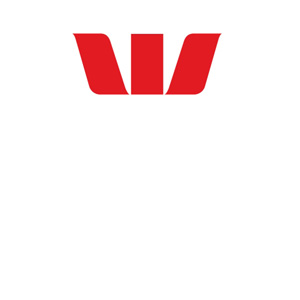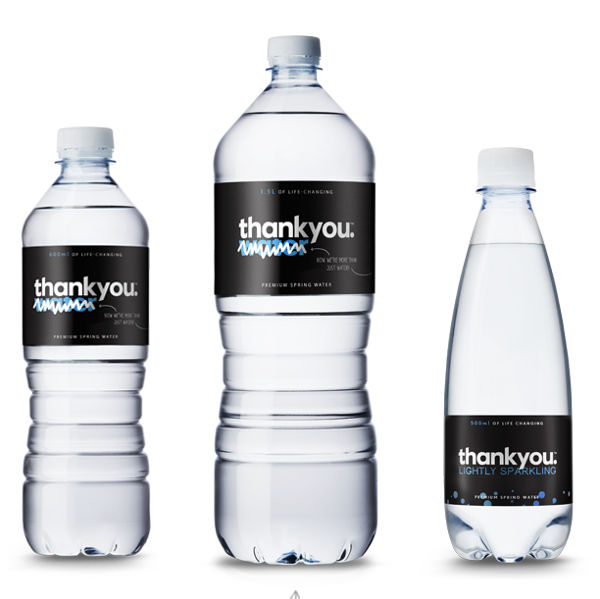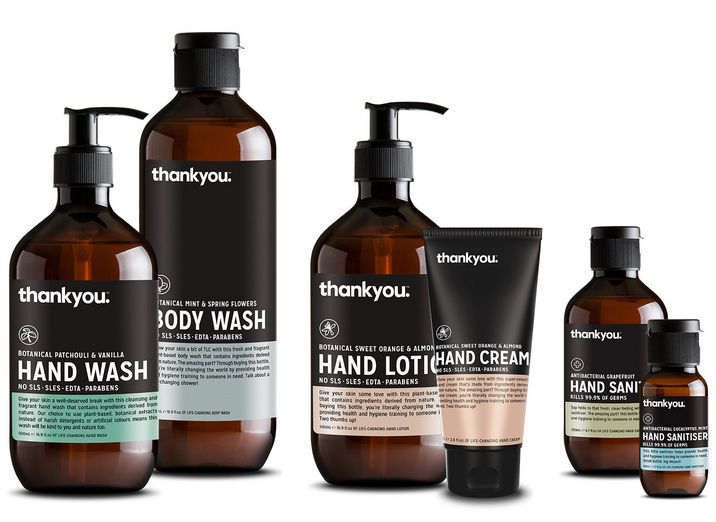How A Bunch Of Australian Friends Turned Buying Everyday Things Into Charity Fundraising
Australians spend $600 million per year on bottled water. Why not channel those profits into charity?


The Unstoppables is presented by Westpac
The Unstoppables is a series produced in conjunction with Westpac.
–
Australians might be quick to reach out to a friend in need, but the task of extending that helping hand around the world can be a tricky business. There are so many nuances to consider when it comes to charity—and so many people and countries in need—that it can be difficult to know where to begin.
That’s where Thankyou Group comes in. Their hunch is that the awesome might of the shopping industry can be harnessed to open up a new avenue to—as communications manager Sarah Prescott told me—“empower people to instigate change”.
Founded in 2008 by a bunch of Uni students in Melbourne — Daniel Flynn, his now wife Justine Flynn and friend Jarryd Burns — Thankyou started with a simple calculus: Australians spend $600 million per year on bottled water, so why not channel those profits into charity?
They developed their own brand of bottled water, and funnelled the money into partnerships with specific water projects, to produce “tailored community solutions” – local, sustainable, long-term benefits for people in need.
Buy some water; help build a well. Too easy.

–
The Writing’s On The (Facebook) Wall
Young businesses struggling to get a grip might think on the following: ask not what you can do for your customers, but what your customers can do for you.
For three years Thankyou hustled their water into 350-ish small-business stockists; a 1.5L bottle retails at about $2.10, undercutting other major brands by anywhere between 50 cents to a buck. With profits being directed to various projects (you can track all their projects live here), there was little budget for a marketing push to expand their reach.
Then, in 2011, they copped a heavy setback. The factory they contracted to supply the water cut a new deal with one of Thankyou’s rivals, and put their order on hold for six weeks. With their supply chain tied up, Thankyou lost most of their stockists, almost overnight.
Undeterred, they set out to reel in their biggest retail deal yet with a cunning old strategy: a grassroots marketing campaign. They secured a meeting with 7-Eleven to hawk their product, and reached out to fans over social media with a proposition: “We want you to come to the pitch with us”.
In response, customers showered 7-Eleven social media channels with messages of support. They were writing the future of the company on a Facebook wall, and it worked.
Prescott says that’s when the business “really began to fly”. The founders were able to start taking a wage (after four years of unpaid labour), and bring on more help to prepare for their next big play.
Fan-ing The Flames
In July 2013, when it came time to grow further, they did it all over again.
Inspired by field workers requesting more resources for food access and sanitation issues, Thankyou Water expanded to produce food items (to fund short-term food aid and long-term food programs) and skin care products (to fund hygiene and sanitation projects), and rebranded as Thankyou Group.

Simultaneously, they launched a new marketing campaign to get in Coles and Woolworths – kicking it off on Channel 7’s Sunrise, and again calling on fans to show their support across their social media channels.
In response, customers swarmed the internet once more, racking up 2,000 posts on Coles and Woolworths’ Facebook pages within days. Both supermarket giants welcomed their business with open arms.
Even now Prescott seems amazed at how much support Thankyou gathered. She says they were “blown away” by how passionate their customers were. But the success of these campaigns seems proof that the relationship between a business and its customers should be one of collaboration. If you give your customers a good reason to emotionally buy into your business, not just buy from it, then you’ve harnessed an unstoppable force.
Which helps explain Thankyou’s commitment to transparency. Using the ‘Track Your Impact’ function on their website, customers can learn about the solution their specific purchase has gone towards funding, and receive a report at the conclusion of that project. Naturally, since social media engagement is the foundation of Thankyou’s success, all this can be accessed via Facebook.

Now, after a seven-year effort, the social enterprise has been responsible for over $2 million in funds for projects across fourteen different countries, including safe water access for 132,661 people.
So when you reach out for a bottle of Thankyou water, that grip extends around the world to lift up someone in need. No need to thank them.
–
–
James Robert Douglas is a freelance writer and critic in Melbourne. His work has been found in The Big Issue, Meanland, Screen Machine, and the Meanjin blog. He tweets from @jamesrobdouglas
Feature image via Thankyou Group